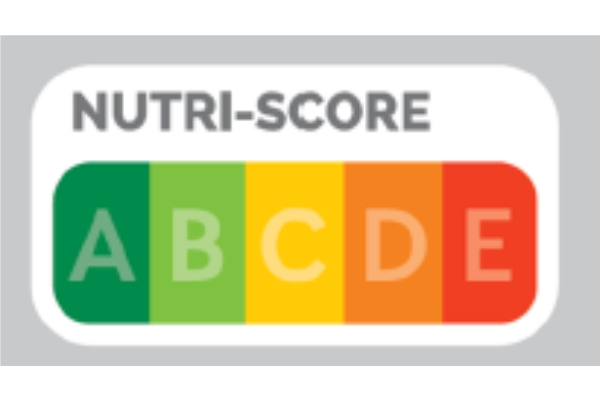 Credit: Ministry of Consumer Protection
Credit: Ministry of Consumer Protection
On Monday 7 March 2022, the scientific and steering committees resulting from a transnational collaboration between seven European countries to facilitate the deployment of Nutri-Score published their first annual reports.
The main findings were that the Nutri-Score algorithm works well and some improvements can be achieved in specific areas, and thus a proposed revision of the algorithm is expected in summer 2022.
With a view to facilitate Nutri-Score, seven European countries, namely: Belgium, France, Germany, Luxembourg, Spain, Switzerland and the Netherlands, decided in February 2021 to join forces.
In May 2021, Luxembourg adopted the regulations authorising the use of the logo by Luxembourg food business operators. To date, five national companies have indicated their interest in taking advantage of this tool, including one which has meanwhile begun to deploy it on its products. However, given that the country demonstrates a very open market and that the Nutri-Score is well accepted in France, Belgium and Germany, Luxembourg consumers are regularly confronted with the Nutri-Score logo in supermarkets.
The Nutri-Score steering committee aims to coordinate the implementation and deployment of the Nutri-Score system through harmonised procedures, in order to provide a simple and effective tool for food business operators and consumers. Luxembourg is represented in this steering committee with two members. The Nutri-Score scientific committee brings together selected experts in the field of nutrition and public health, free from conflicts of interest. Luxembourg has appointed an expert in the scientific committee.
Nutri-Score governance aims, among other things, to evaluate the underlying algorithm and possibly propose changes. In this context, the steering committee launched in September 2021 a call to stakeholders (i.e. agri-food industries, consumer organisations, etc.) to share their questions about the Nutri-Score and send their requests for review to the scientific committee. The scientific committee has identified and prioritised the areas of potential improvement of the algorithm.
Although the group agrees that currently the Nutri-Score algorithm is working well, some improvements can be achieved in specific areas. The group identified the following food/nutrient groups among areas where Nutri-Score could provide further discrimination between foods: fish and seafood, fats and oils, whole grain products, beverages, dairy products, salt and sugar. A proposal for a potential algorithm revision is planned for the summer of 2022.








